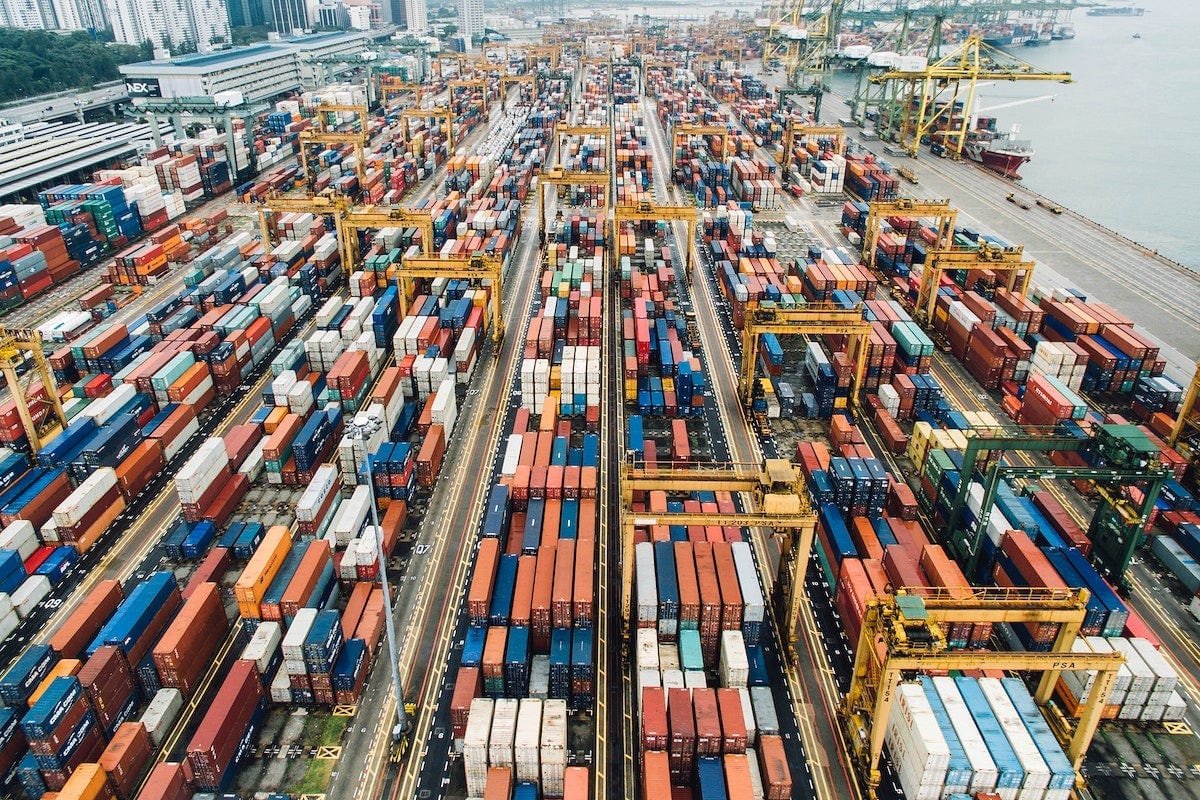
Starting Point: A Small Shop Run by a Couple
In the bustling industrial outskirts of Lima, Peru, stood a modest 30-square-meter shop run by a hardworking couple, Carlos and Lucia. Their store originally specialized in selling basic hardware tools — hammers, wrenches, and screws — to local construction workers and small contractors.
However, over time, they began to notice something interesting. More and more customers would walk into the shop asking questions like:
“Do you have work gloves?”
“Can I get safety glasses here?”
“Do you sell overalls or reflective jackets?”
At first, Carlos treated these requests as small, occasional demands. He would go to the nearby wholesale market, buy a few pairs of gloves or safety glasses, and resell them. To his surprise, these items sold out quickly — sometimes even faster than his regular hardware products.
Lucia, who handled the daily accounting, noticed an even more important pattern. Although PPE (Personal Protective Equipment) items like gloves or safety helmets sold in smaller quantities, their profit margins were significantly higher than hardware tools.
That realization sparked a turning point. One night, sitting at their kitchen table with a notebook full of calculations, Carlos told Lucia:
“If we focus on safety products, we might actually build something bigger than just a hardware shop.”
From that day in 2016, they decided to pivot. Their goal was clear — turn their small hardware shop into a specialized safety gear store serving the growing needs of Peru’s industrial and construction workforce.
The Struggle: Learning While Selling
The transition, however, was far from smooth.
Carlos had zero experience with PPE standards. He didn’t know what EN ISO 20471 meant or why clients kept asking whether his reflective vests were “ANSI-approved.” Every new inquiry became a lesson.
He began spending hours online, researching PPE types, materials, and international certifications. He learned that cotton gloves were popular for light industrial work, nitrile gloves for chemical resistance, and PVC rain suits for outdoor construction work.
Lucia managed the suppliers and quickly realized another challenge — inconsistent quality. Products from local distributors varied drastically. Some gloves would tear within days, and some reflective jackets faded after just one wash.
Their reputation was at risk. Carlos understood that if they wanted to grow, they couldn’t rely solely on local middlemen. They needed reliable suppliers, ideally manufacturers who could guarantee both quality and consistency.
That decision led Carlos to his first contact with China — the global hub for PPE production.
The First Attempt: Importing From China
In 2017, after joining a few online business groups, Carlos found several Chinese suppliers on Alibaba and other B2B platforms.
He decided to take a calculated risk: he invested $3,000 of their savings to place a small trial order — 500 pairs of gloves, 200 reflective jackets, and 100 pairs of safety boots.
The price was great, the pictures looked perfect, and the supplier promised “certified quality.”
However, when the shipment arrived at Callao Port, problems began immediately.
The customs authorities asked for import documentation and certification papers. The supplier had sent him fake CE certificates, which led to a delay in clearance. The goods were held for inspection, and Carlos had to pay unexpected storage fees.
By the time the products were released, he had lost almost $1,500 in additional costs — and the quality was disappointing. Many gloves had uneven stitching, and some jackets lacked reflective tapes.
It was a painful lesson. Lucia even suggested giving up on imports entirely. But Carlos saw it differently.
“We made mistakes, yes. But now we know what not to do. The next time, we’ll do it properly.”
The Turning Point: Doing It the Right Way
Determined to fix what went wrong, Carlos spent months learning the basics of import regulations, PPE standards, and supplier verification.
He joined online forums, attended a local business seminar on importing, and even reached out to the Peruvian Chamber of Commerce for advice. Through these channels, he discovered that many small traders failed not because of lack of demand — but because they didn’t understand compliance.
This time, Carlos decided to work only with verified factories. He requested video calls to see the production lines and demanded real test reports from recognized labs such as SGS or TUV.
He also used a freight forwarder that specialized in small-scale PPE imports. They helped him prepare all the paperwork — from commercial invoices to HS code declarations — ensuring his products would pass customs inspection smoothly.
By mid-2018, his second shipment arrived successfully. The quality was far superior, and this time, there were no hidden delays or extra costs.
Lucia still remembers that day vividly:
“When we unpacked those boxes, it felt like opening a new chapter for our business. Everything looked professional. Even the packaging had our shop’s name printed on it.”
Their confidence was back.
Growth: From Retail Store to Wholesale Supplier
Word began to spread among local contractors. They loved the quality of Carlos’s products — sturdy gloves, durable workwear, and affordable pricing. Soon, nearby stores started asking if they could buy from him.
At first, Carlos hesitated. He was still thinking like a retailer. But Lucia saw an opportunity:
“If other shops want to buy from us, that means we can become a distributor.”
So, they started selling in small bulk quantities. They offered discounts for orders over 100 units and began delivering directly to clients in the Lima area.
To support this new business model, they rented a small warehouse near the industrial zone. Carlos handled the imports and logistics, while Lucia managed the sales records, invoices, and client communications.
Within a year, their monthly sales tripled. The once-tiny shop had become a recognized local supplier of PPE products.
The Challenge: Managing Multiple Categories
Success brought new challenges. Clients started asking for more than just gloves and vests. Construction companies wanted helmets, safety shoes, face shields, and even flame-resistant clothing.
Suddenly, Carlos was dealing with dozens of SKUs — each with different suppliers, lead times, and compliance standards.
The logistics became overwhelming. Sometimes, an order would be delayed simply because one product wasn’t in stock. Lucia often stayed up late organizing spreadsheets, tracking shipments, and managing customer expectations.
They realized they needed a structured system to manage multi-category PPE sourcing.
After researching several options, they adopted a basic ERP (Enterprise Resource Planning) tool for small businesses. It allowed them to manage inventory, suppliers, and sales records more efficiently.
This upgrade saved them hours of manual work and reduced errors significantly.
The Breakthrough: Building Direct Partnerships
By 2019, Carlos had developed a deep understanding of the PPE supply chain. Instead of buying from traders, he started negotiating directly with Chinese factories.
One of his key partnerships was with a factory in Hebei, China, specializing in workwear and reflective jackets. They agreed to customize products with his own logo — something that transformed his business completely.
For the first time, he was not just a reseller. He was building a brand.
Lucia came up with the brand name “SeguraPro”, meaning “Safe and Professional.” They registered the trademark locally, designed packaging, and printed catalogs.
The new branding gave them credibility. Clients began to see them not as a small reseller, but as a reliable PPE brand in Peru.
The COVID-19 Effect: Challenge and Opportunity
When the pandemic hit in 2020, Peru faced a massive shortage of PPE supplies. Hospitals, factories, and even government offices were desperate for masks, gloves, and protective clothing.
For Carlos and Lucia, this was both a crisis and an opportunity.
While logistics became chaotic and shipping costs tripled, demand also skyrocketed. Because they already had established relationships with trusted suppliers, they were able to secure shipments quickly — something many competitors couldn’t do.
Their warehouse turned into a 24-hour operation. Family members, friends, and even their teenage son joined to help with packing and delivery.
Within just a few months, they supplied PPE to over 50 institutions, including construction firms, factories, and local government agencies.
The income they made during this period helped them expand their warehouse, hire two employees, and set up a small office.
The Result: From Small Shop to Family Business
By 2022, “SeguraPro” had grown into a family-run trading company with stable annual revenue.
Their product line included:
- Industrial workwear
- Reflective safety vests
- Protective gloves
- Helmets and safety shoes
- Rain gear and disposable PPE
Their son, who studied marketing at university, helped them build an online presence — a website, social media pages, and online catalogs. Orders began coming in not just from Lima, but from other regions such as Arequipa and Trujillo.
Lucia often reflects on how far they’ve come:
“We started with nothing but a few boxes of gloves and the belief that hard work would pay off. Now, our family runs a company that helps protect thousands of workers every day.”
Lessons Learned
The journey of Carlos and Lucia offers powerful lessons for every small business owner trying to enter the PPE industry:
1. Start Small, Learn Fast
They didn’t wait to be experts before starting. They learned through experience — testing, failing, and improving with every order.
2. Verify Every Certificate
Their first import failure taught them that compliance is non-negotiable. Always verify certifications (CE, EN, ANSI) through legitimate testing organizations.
3. Build Supplier Relationships, Not Just Transactions
By moving from middlemen to direct factory relationships, they gained control over quality, pricing, and branding.
4. Brand = Trust = Profit
Once they launched their own brand, SeguraPro, they were able to charge higher prices and attract long-term B2B clients.
5. Family Can Be Your Strongest Asset
Their business grew because every member played a role — from sourcing to logistics to marketing.
Final Takeaway: Small Steps, Steady Growth
Carlos and Lucia’s story proves that you don’t need huge capital to build a successful PPE business.
What you need is persistence, curiosity, and the courage to learn from mistakes.
They started with a few boxes of gloves in a tiny shop and turned that humble beginning into a sustainable family enterprise that now supplies safety gear across Peru.
Their journey embodies the essence of entrepreneurship:
“Start where you are, use what you have, and do what you can.”
In the world of PPE — where trust, quality, and consistency matter most — their story stands as a reminder that small beginnings can lead to big results when driven by purpose, learning, and family unity.
Email: [email protected]
🌐 Website: www.workwearsolutions.net
Zion Zhang
Recent Posts
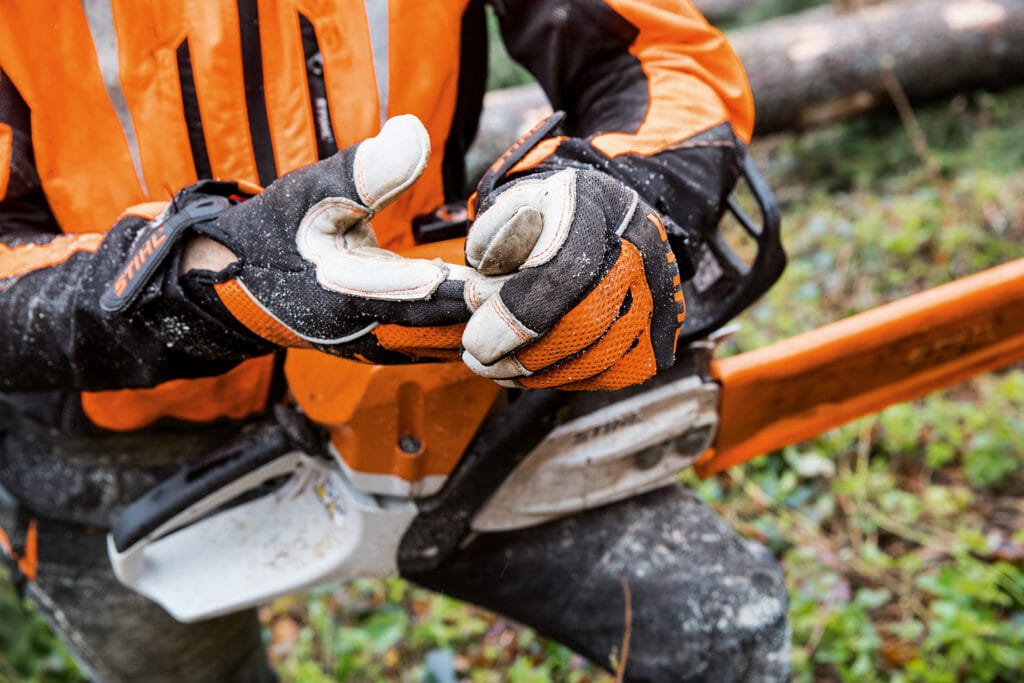 How a Kazakhstani Trader Won a Government Contract for Mining Workwear2025年10月30日In Kazakhstan’s booming mining industry, one small trader […]
How a Kazakhstani Trader Won a Government Contract for Mining Workwear2025年10月30日In Kazakhstan’s booming mining industry, one small trader […]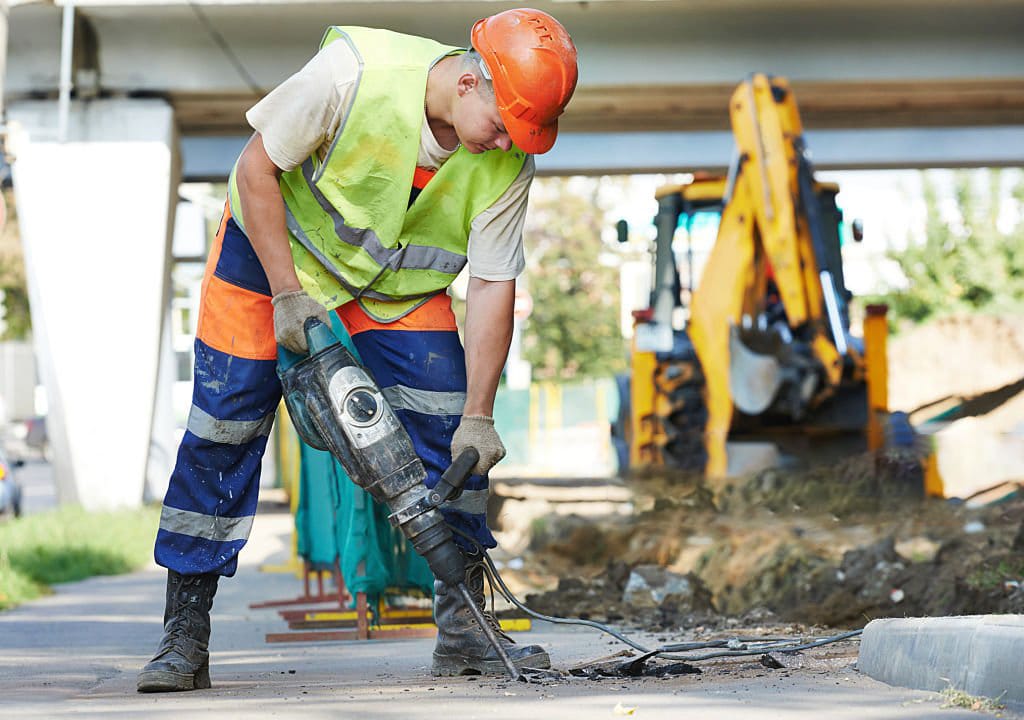 A South African Retailer’s Journey from Importing Shoes to Supplying Full PPE Kits2025年10月30日In South Africa’s rapidly growing industrial supply market, […]
A South African Retailer’s Journey from Importing Shoes to Supplying Full PPE Kits2025年10月30日In South Africa’s rapidly growing industrial supply market, […]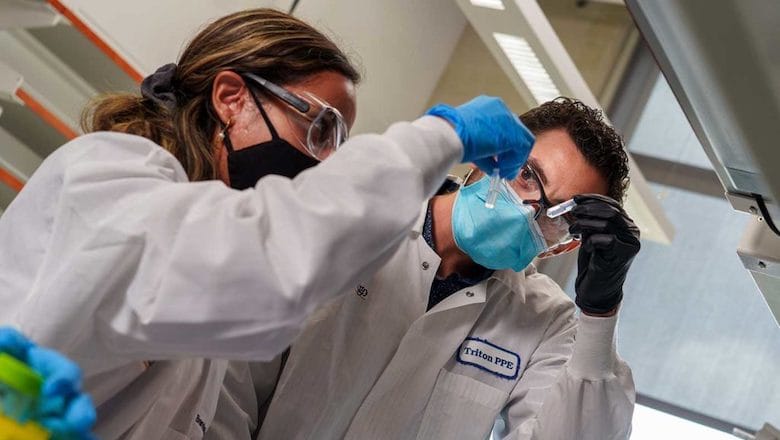 How a Jordanian Contractor Built His Own Workwear Brand for Construction Projects2025年10月30日Introduction In the competitive world of construction, […]
How a Jordanian Contractor Built His Own Workwear Brand for Construction Projects2025年10月30日Introduction In the competitive world of construction, […]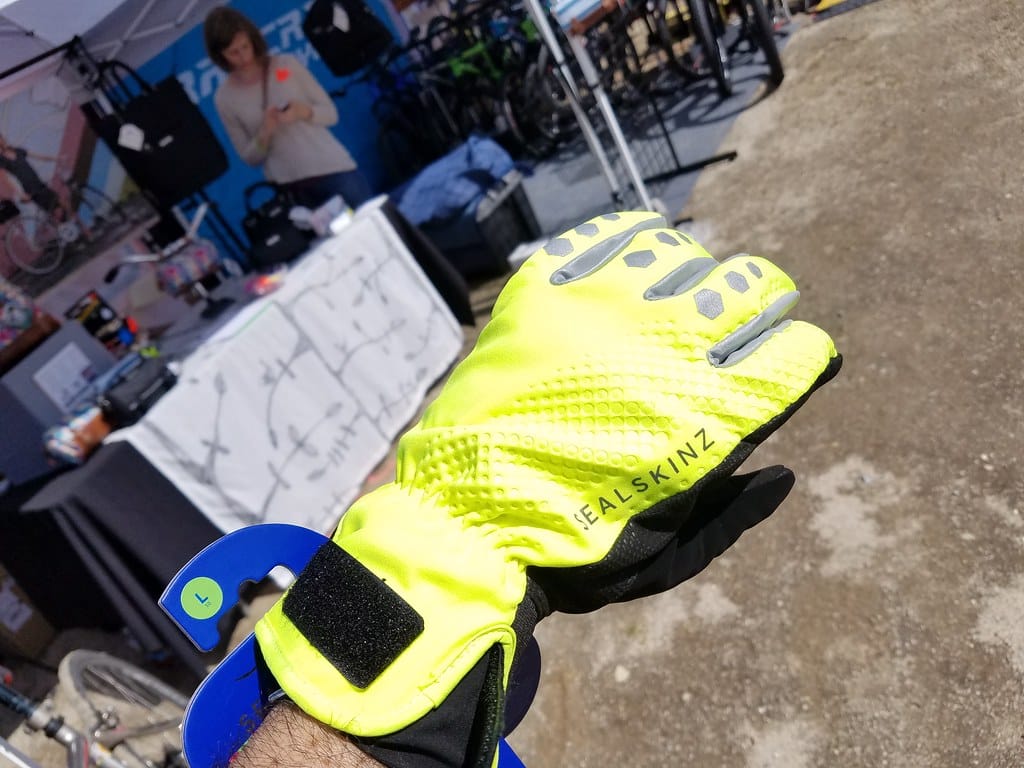 The Nigerian Agent Who Lost $50,000 on Fake Certificates — Then Came Back Stronger2025年10月20日Introduction In the global trade of PPE and industrial […]
The Nigerian Agent Who Lost $50,000 on Fake Certificates — Then Came Back Stronger2025年10月20日Introduction In the global trade of PPE and industrial […]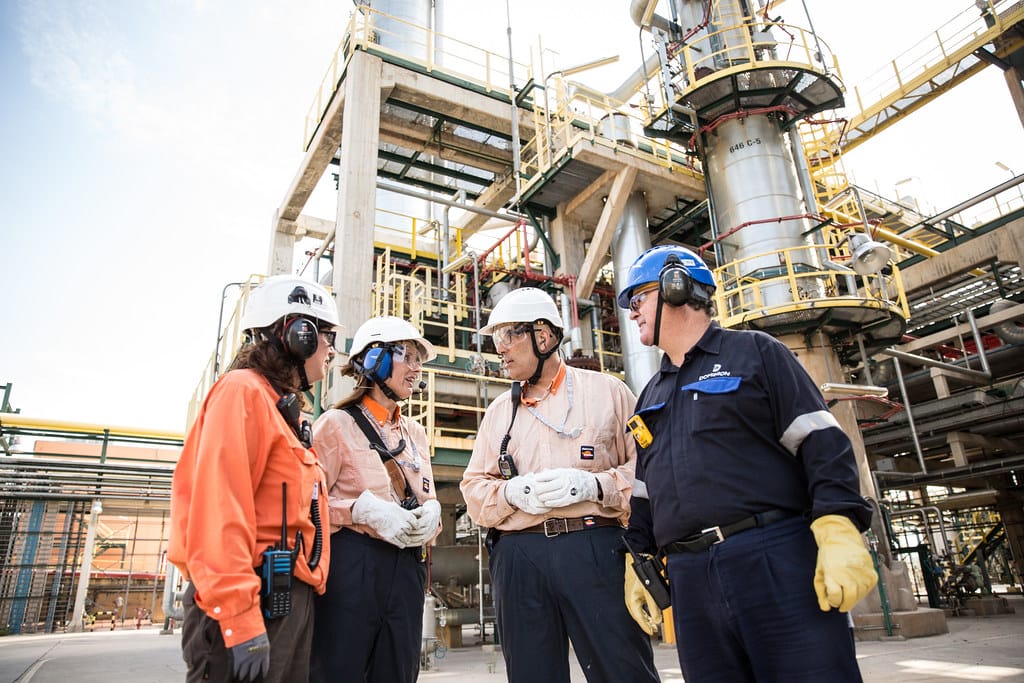 How a Brazilian Trader Used $5,000 to Break into the PPE Market2025年10月20日Introduction In a world where industrial safety and […]
How a Brazilian Trader Used $5,000 to Break into the PPE Market2025年10月20日Introduction In a world where industrial safety and […] From First Order to Market Leader: A Ghana Distributor’s 3-Year Journey2025年10月20日In the fast-growing African PPE and workwear market, small […]
From First Order to Market Leader: A Ghana Distributor’s 3-Year Journey2025年10月20日In the fast-growing African PPE and workwear market, small […]
CONTACT US
- Feel free to contact us any time. We will get back to you as soon as we can!
- +86-17303331701
